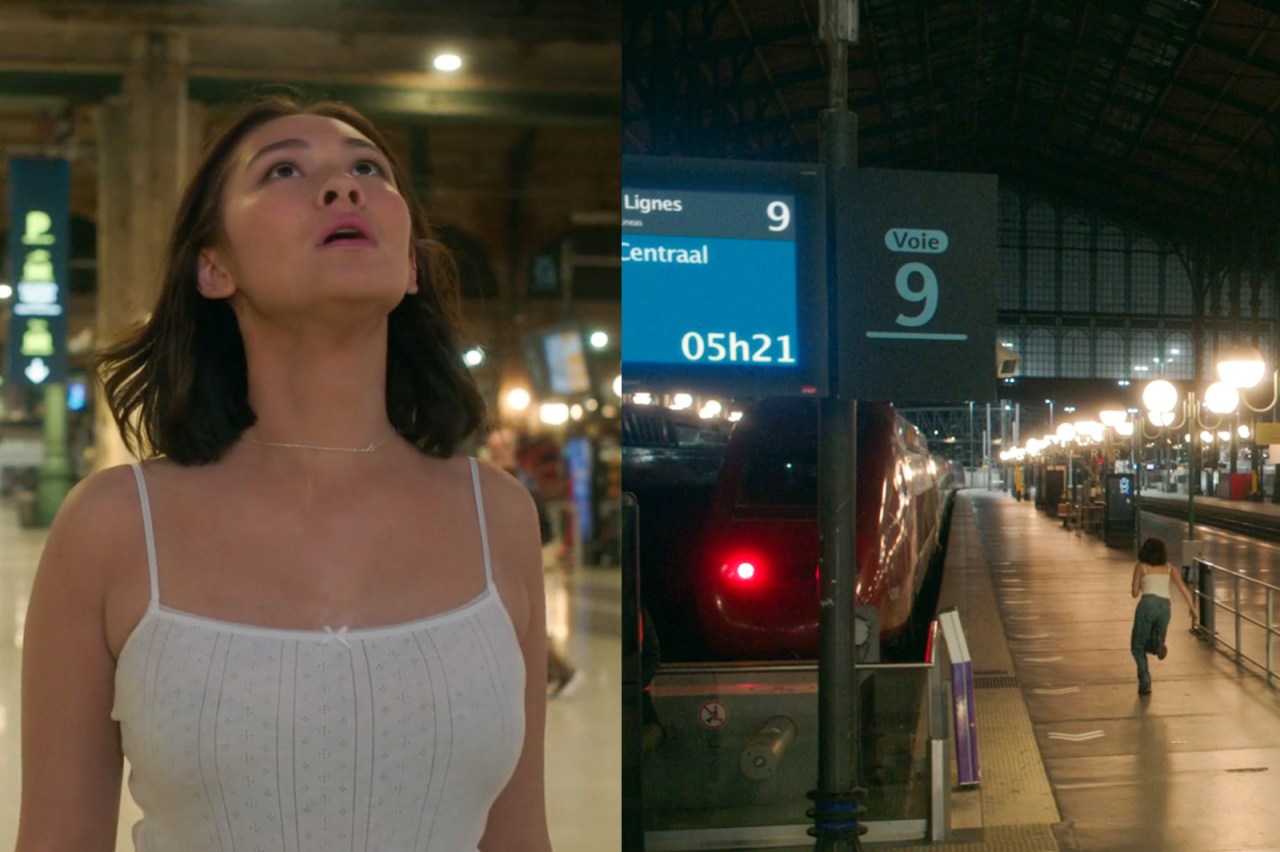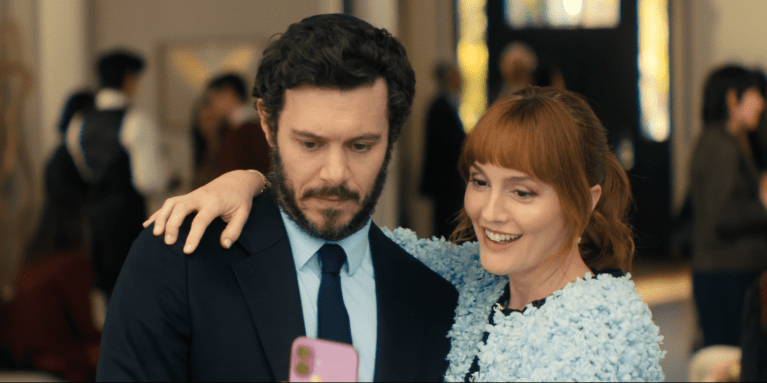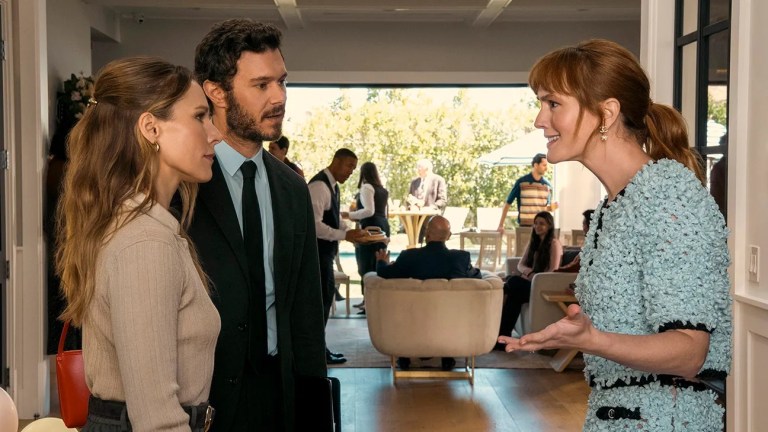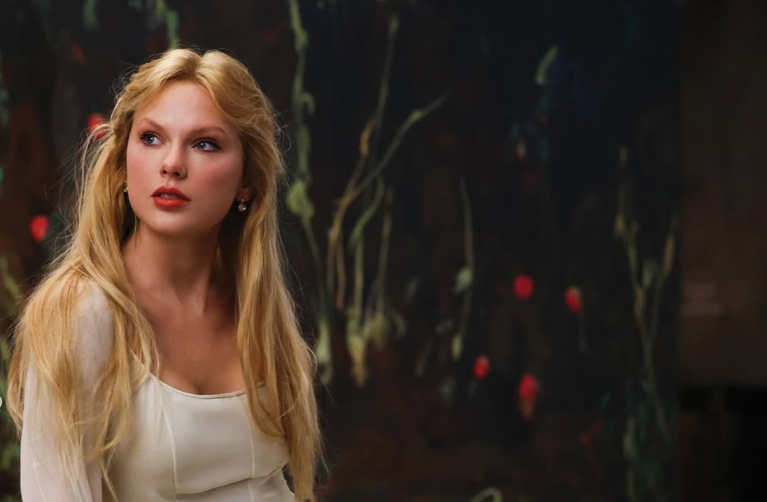
8 Easter Eggs You Probably Didn’t Notice In ‘The Summer I Turned Pretty’ Finale
The Summer I Turned Pretty may officially be over—well, the show at least, because we’re going to be getting a movie—but that doesn’t mean we have to stop digging deep into the content we’ve already been given. In fact, the finale is rich with new symbolism and metaphors that will make fans gasp and want to rewatch the show all over again.
Here are some of the Easter eggs you probably missed while watching the Summer I Turned Pretty finale.
1. The significance of Belly running to the train station—without even a purse
There have been a lot of people pointing out that it was insane (and unrealistic!) of Belly running to catch the train to Brussels without anything with her—not a purse, not a passport, not even a phone. It seems pretty unrealistic and like a bizarre oversight on the writers’ part.
But what if I told you it wasn’t actually an oversight?
This is actually a callback to when Belly first arrived in Paris, luggage in hand and nowhere to go. She’s forced to lug her bags (or should I say… baggage) all over the city, especially after her backpack is stolen. It makes sense that this would be a metaphor for being weighed down by emotional baggage, made even more interesting that when she’s trying to track down her backpack via AirTag, she’s shown watching it move away from her on her phone—and it’s conveniently named “Belly”. You could assume that the show is metaphorically showing her running after herself, trying to find herself, even while weighed down with all the emotional baggage of her past.
So when she runs to try to catch Conrad on the train, it’s important that she has nothing left weighing her down. She’s already caught up to herself, and now she’s ready to follow her heart with nothing holding her back.
2. The significance of 5:21
Speaking of that train station scene, when Belly runs into the train station, we can see on the clock there that it’s 5:21 a.m.—a time we’ve seen before on the show, though in the evening.
Let’s take it back to the glass unicorn flashback, when young Belly begs young Conrad to let her go off on her own at the mall to look at the glass unicorns instead of following the boys. Conrad reluctantly agrees, but tells her that she has to meet up with him at a specific time. However, Belly gets distracted while playing with the glass unicorns in one of the shops, overstaying her time and running late to reunite with the boys. The time it shows on the clock? That’s right, 5:21.
In the flashback, Belly does find Conrad shortly after, who’s worried about her to the point where he yells at her. He quickly apologizes and says that from now on, they have to stick together.
So why are these two scenes linked? You could say the unicorn scene was foreshadowing the path of Belly and Conrad’s future relationship—after a certain point in their love story, Belly lost track of what she was doing (or, more specifically, what she truly wanted), pushing back the time that she would finally reunite with Conrad. Maybe that’s also the significance of the watch Conrad’s been wearing all season—while it’s certainly an attractive addition to his wardrobe, it’s also a sign that he’s always watching the time, waiting for the moment when Belly will finally come back to him and they can finally agree, once and for all, to stick together.
3. The significance of using “Dress” by Taylor Swift for that scene.
During the love scene between Belly and Conrad in the finale, affectionately dubbed the “Seine-taxi-stairwell scene by fans, a Taylor Swift song plays—surprise, surprise. Swift’s music has often been the background music for Belly and Conrad’s relationship, but it’s interesting that this song in particular was chosen. And no, believe it or not, it’s not just because Belly was wearing a dress.
A big part of Belly and Jeremiah’s romantic relationship hinged on the two calling each other their “best friends”. It’s how Belly justifies staying with him, trying to convince others (and herself) that it’s more important than any other kind of love their is. So when Taylor Swift sings “I don’t want you like a best friend” while Conrad and Belly make out in her apartment stairwell, it’s… pointed, to say the least.
It shows that for all of Belly’s talk, the relationship Jeremiah offered her wasn’t actually the one she wanted. For her, all along, it was always Conrad.
4. “I dream about this. You.”
Conrad saying this to Belly mid-hookup isn’t just dreamy (no pun intended)—it’s also a clear parallel to the way Belly has always looked at Conrad, proving that his feelings are on par with what she’s always felt about him.
In season two, Belly quite literally calls Conrad a dream as a way to justify why she’s outgrown him and is ready for a “real” relationship with Jeremiah. And later, in season three, when she returns to the beach house after falling out with Laurel, she wakes up from a nap to see Conrad there, groggy and confused and clearly wondering if she’s dreaming. Conrad has always been her dream—and here, Conrad is clearly stating that Belly has always been his dream, too.
5. “Do you memorize every little thing I’ve ever said?” “Yes.”
Okay, so obviously we all recognize that this moment during Belly’s birthday dinner was a callback to season one, though their roles were reversed. But what no one talks about is the real significance of this—not just the fact that they’re flirting, but the fact that they’re finally putting down their walls.
Because yes, it’s a big deal that Belly is finally fully flirting back (instead of dodging the question), but when you put the scenes side-by-side, you’ll notice that when Conrad originally poses the question to her, she scoffs and says, “Get over yourself.” This time, when Belly turns the moment on its head and asks him, “Do you memorize every little thing I’ve ever said?”, he quickly replies, “Yes”—proving that finally, after all these years, he is over himself. He’s no longer putting up his walls, and he’s no longer pushing her away. He’s not afraid of getting hurt if it means putting it all on the line for Belly.
6. The ‘Before Sunset’ Parallel.
In the finale, Belly and Conrad spend the entirety of a single day walking and talking together, and as an audience, we get to experience them reconnecting almost in real time. This is pretty clearly a nod to the movie Before Sunset, which, believe it or not, also is set in Paris.
The film revolves around past lovers who reunite in Paris and spend the day in the city, catching up and rekindling the spark they once had, even though both of them have changed drastically since the last time they met. Funny enough, the man in the film only has time till he has to catch his plane at the end of the day—much like Conrad had to catch his train. It should have been clear by these parallels that Conrad, like the man in the film, was not going to make the late train, instead choosing to spend the night with Belly.
7. The difference between how Belly describes her love for Conrad and how she once described her love for Jeremiah.
During the day of Belly and Jeremiah’s doomed wedding, as they’re in the process of breaking up for good, Belly tells Jeremiah that she doesn’t know where she ends and where he begins. While this may sound romantic out of context, real ones know that this is a pretty big red flag, actually—because it’s pointing out the fact that Belly and Jeremiah are codependent and that Belly has lost her identity in him.
However, when she realizes her love for Conrad, she thinks to herself, “I have brown hair and brown eyes and I love Conrad Fisher.” It’s a small distinction, but an important one—here, she’s clearly defining herself as a separate entity to Conrad. She’s not part of him, her identity isn’t defined by him, but loving him is still an integral part of her.
8. Conrad’s admission that he put himself in exile.
As Belly and Conrad walk along the Seine, Conrad admits that when Belly first went to Paris, he was worried she was punishing herself and putting herself in exile—much like he’d done to himself when he chose to move to California and stay far away from his family.
It’s interesting that he uses this particular phrasing—”exile”—because the last time we saw him in season two was actually set to the song “Exile” by Taylor Swift and Bon Iver. It’s clear now that the song was hinting at his future—that he was about to move far away and remove himself from everyone’s life to punish himself. It makes season two’s ending just that much more painful—and in hindsight, it also makes it make a lot more sense.











